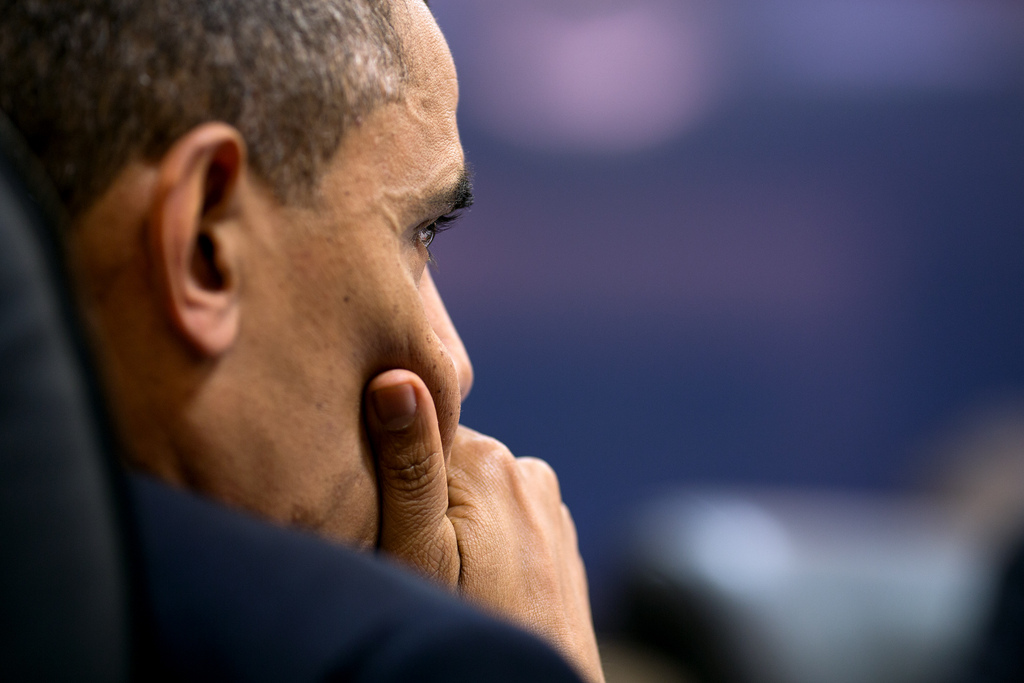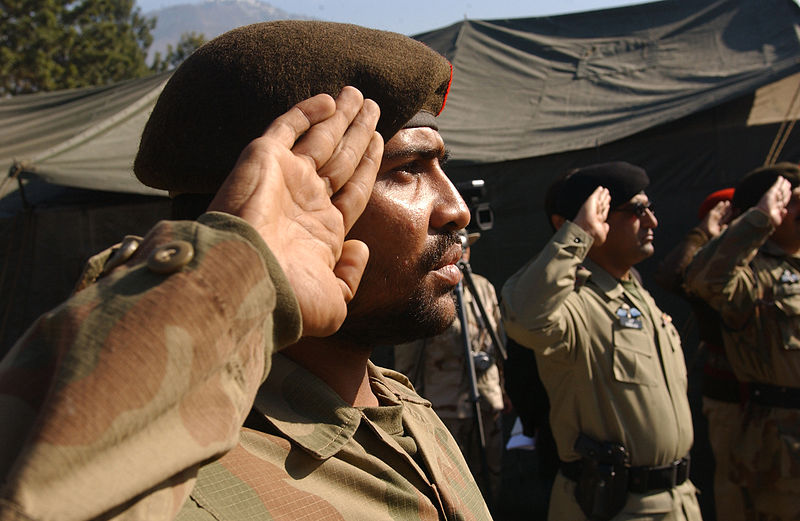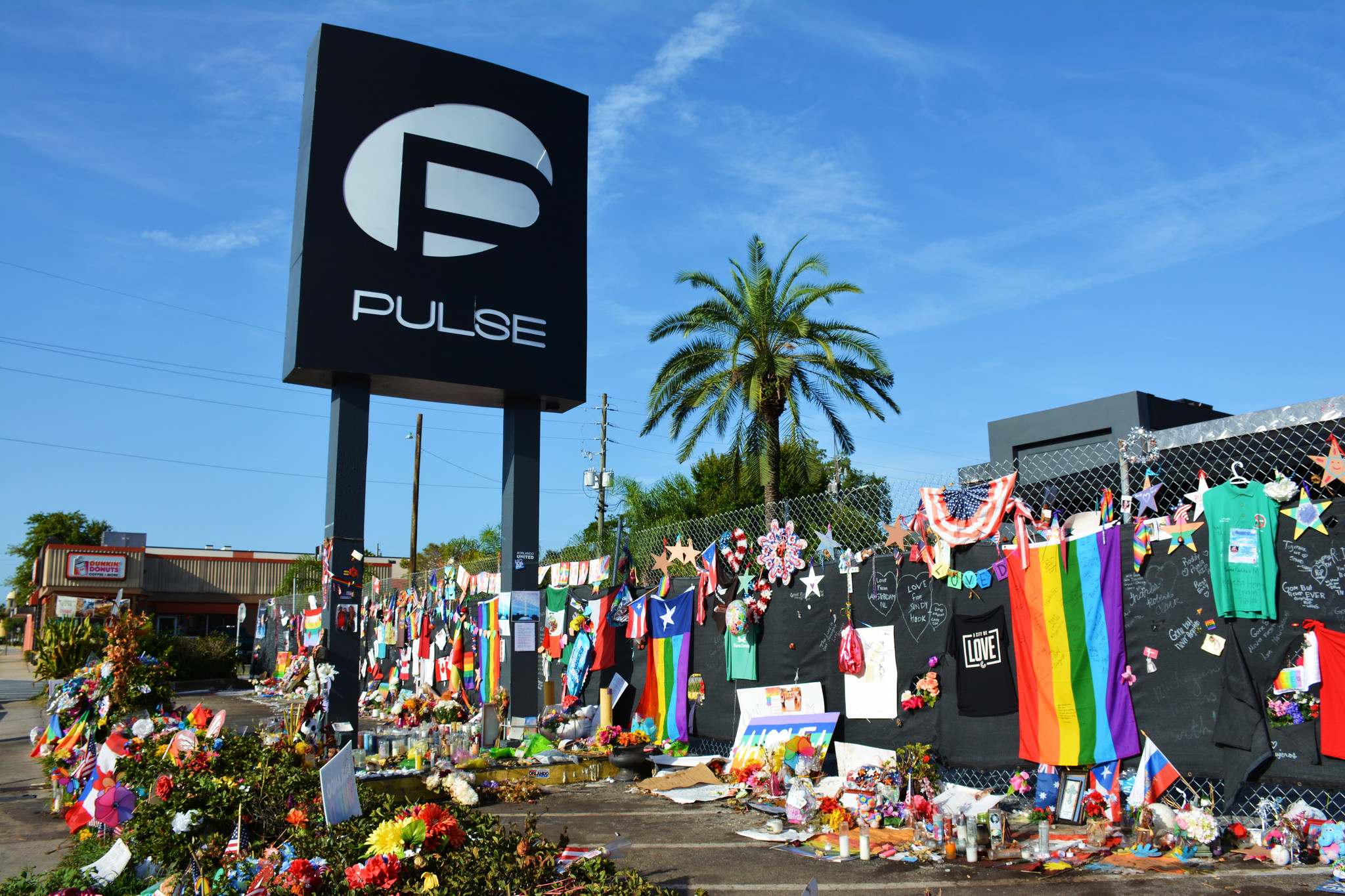
Admit it. We all breathed a sigh of relief when we heard that President Obama would work with Russia and the UN to try to take control of Syria’s chemical weapons. This “diplomatic” solution to the chemical weapons crisis meant that the US wasn’t going to intervene in another war in the Middle East.
But let’s be honest. This isn’t a diplomatic solution to the war. If a deal is reached, it will be a diplomatic solution to Obama’s reckless red line; a way for the United States to avoid involvement in Syria’s war. This venture has nothing to do with trying to end the war or end civilian suffering. Even if Assad hands over all of his chemical weapons the war will continue, and innocent Syrians will continue to be killed.
So why isn’t Obama interested in ending this war? An unspoken reason for walking away is that there’s no viable candidate in the war that we’d like to see win. The Syrian civil war is being fought, in the aggregate, between two sets of bad guys. On one side is President Assad, the deeply unpopular dictator from a minority sect aligned with Hezbollah and Iran. On the other is a fractious band of opposition groups, the most organized and well-financed of which is aligned with Al Qaida. Cruise missile strikes against Assad aren’t going to help win the war or bring moderates to power. They would most likely only help Islamist extremists gain the upper hand.
This makes staying out of the war a very attractive option. Russia’s proposal not only allows Obama to avoid (a) getting trapped in an unpopular war, (b) inciting additional anti-American sentiment in the Muslim world, (c) aiding Al Qaida, and (d) expending more blood and treasure in a country of little strategic importance to the US, but it also makes it more likely that Hezbollah and various Islamist factions will wear each other out and weaken themselves. This may create time for a more moderate opposition to emerge and consolidate itself. Or it may create time for Assad to re-establish control. Either way it will leave Syria and Hezbollah and Islamist extremists weaker than they were before, which may not be a bad thing.
What does this mean for civilians? The US decision not to intervene militarily against Assad may be a blessing in disguise. The tragic news is that civilians will continue to be killed as long as the war continues – they just won’t be killed by chemical weapons if the diplomatic initiative succeeds. But perhaps the slightly less tragic news is that fewer civilians will be killed in the long-run if non-intervention allows Assad to defeat the opposition, and defeat them quicker than he otherwise would have. The depressing conclusion is that Syrian citizens have no good options. Obama’s decision not to attack Assad is not a decision in favor of peace. It is a decision in favor of letting a war with no good winners run its course, weaken his enemies and avoid a regime change that currently would favor organized and well-financed Islamists.








2 comments
I basically agree with the way you describe the situation, but I’m not so sure that letting the war run its course is a viable objective either, or that it’s seen as such by the administration. It leaves open possibilities like the rebels seizing CW stockpiles, the fall of Assad followed by civil war among rival rebels, the spread of chaos to Lebanon and Iraq, and so forth. While Drezner and others talk of dragging Iran and Hezbollah into a prolonged conflict as if that were an intended policy, Obama’s actual stated objective is a negotiated power transfer (thus avoiding a chaotic transition, loss of control of CW, etc.). While it’s not clear that this is possible, and if it is, it’s not clear that it would take less time than letting the war run its course, I see no reason yet to treat it as insincere or less viable than other options that have been offered.
On the factions, this could just as easily lead to them being crushed and forcibly integrated into one of the extreme factions as happened in Algeria, Sri Lanka and what Al-Shabab attempted to do in Somalia.
And I’m trying to figure out how Hezhbollah would suffer seriously without the U.S. intervening or why we would even care considering that Hezhbollah has always been focused on its part of the Middle East and not the world.
Besides that problem this doesn’t address the issue of chemical weapons being used, what happens to those weapons in the future and assumes civilian casualties will decline without considering the serious threat of politicide or outright genocide.
If you don’t think the U.S. should intervene, that’s fine. Let’s just not work under the assumption that everything we want will happen if we don’t intervene.